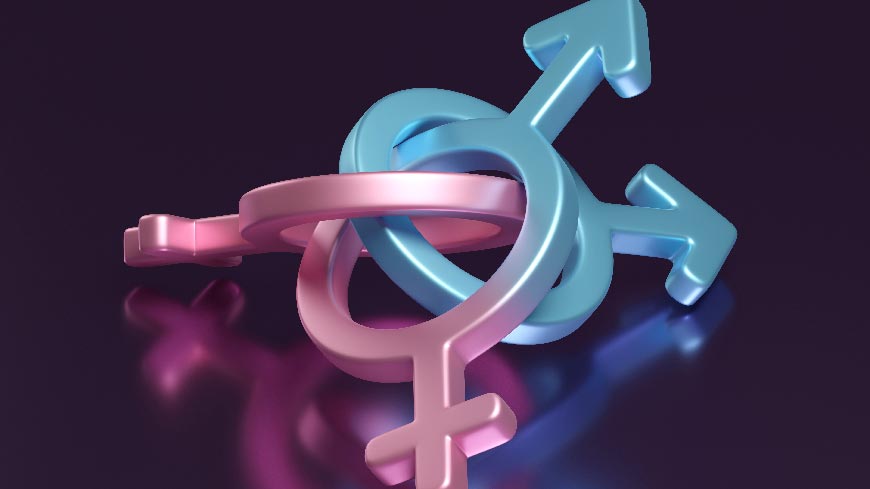Advancing the human rights of intersex people was the key theme of a conference held as part of Iceland’s Presidency of the Committee of Ministers. Conference topics included the right to physical integrity and bodily autonomy, comprehensive medical and social care, access to justice and reparations, civil status, legal gender recognition and the right to respect for private life, preventing and combating discrimination and stigmatisation based on sex characteristics and equality and diversity policies for mainstreaming the inclusion of intersex people.
“Intersex people often face a range of challenges throughout their lives: invasive, unnecessary and non-consented medical procedures, often at a young age, aimed at “normalising” their bodies in the eyes of others; pathologisation, by which intersex people are defined and treated as having a medical problem; which can lead to loss of dignity, rights and personal autonomy; stigmatisation and prejudice driven by ignorance and fear among the public at large,” said Council of Europe Deputy Secretary General Bjørn Berge, in an opening address delivered on behalf of Secretary General Marija Pejčinović Burić. “But the law, medical practices and public attitudes can change, and they do change, as our societies evolve,” he noted.
Katrín Jakobsdóttir, Prime Minister of Iceland, spoke of her country’s experience in developing intersex legislation based on Council of Europe’s standards: “In the years 2019 and 2020, important legal milestones when it comes to intersex people were reached in Iceland: sex characteristics were included in discrimination legislation and most importantly, we have also made it illegal to apply any unnecessary medical interventions on minors born with atypical sex characteristics. Such interventions can now only be made when the child themselves can give informed consent, giving intersex children the right to make decisions about their own bodies.”
“I find it appropriate for this conference to be held here at the Council of Europe – the region’s guardian of human rights, democracy, and the rule of law – for intersex issues are fundamentally human rights issues. The recommendations developed here in Strasbourg matter. They matter on an individual level, for those fighting to advance the rights of intersex people, and for policy making,” Jakobsdóttir added.
Launching the work on a new Committee of Ministers Recommendation on equality of rights of intersex people was one of the key objectives of the conference, which was organised by the Council’s Sexual Orientation and Gender Identity (SOGI) Unit. The Recommendation will be prepared by 2025.
Other high-level speakers at the conference included PACE President Tiny Kox; Council of Europe Commissioner for Human Rights Dunja Mijatović, ; Christophe Lacroix from Parliamentary Platform for the rights of LGBTI people in Europe; CDADI Chair Sophie Élizéon and Dan Ghattas, Director of OII-Europe.



